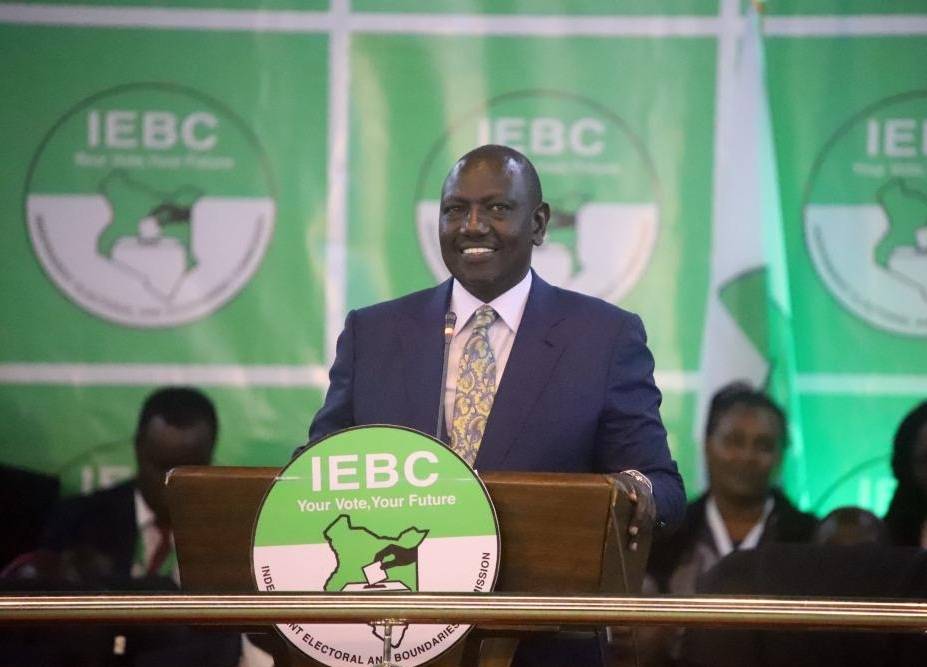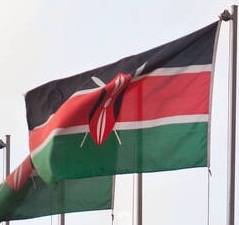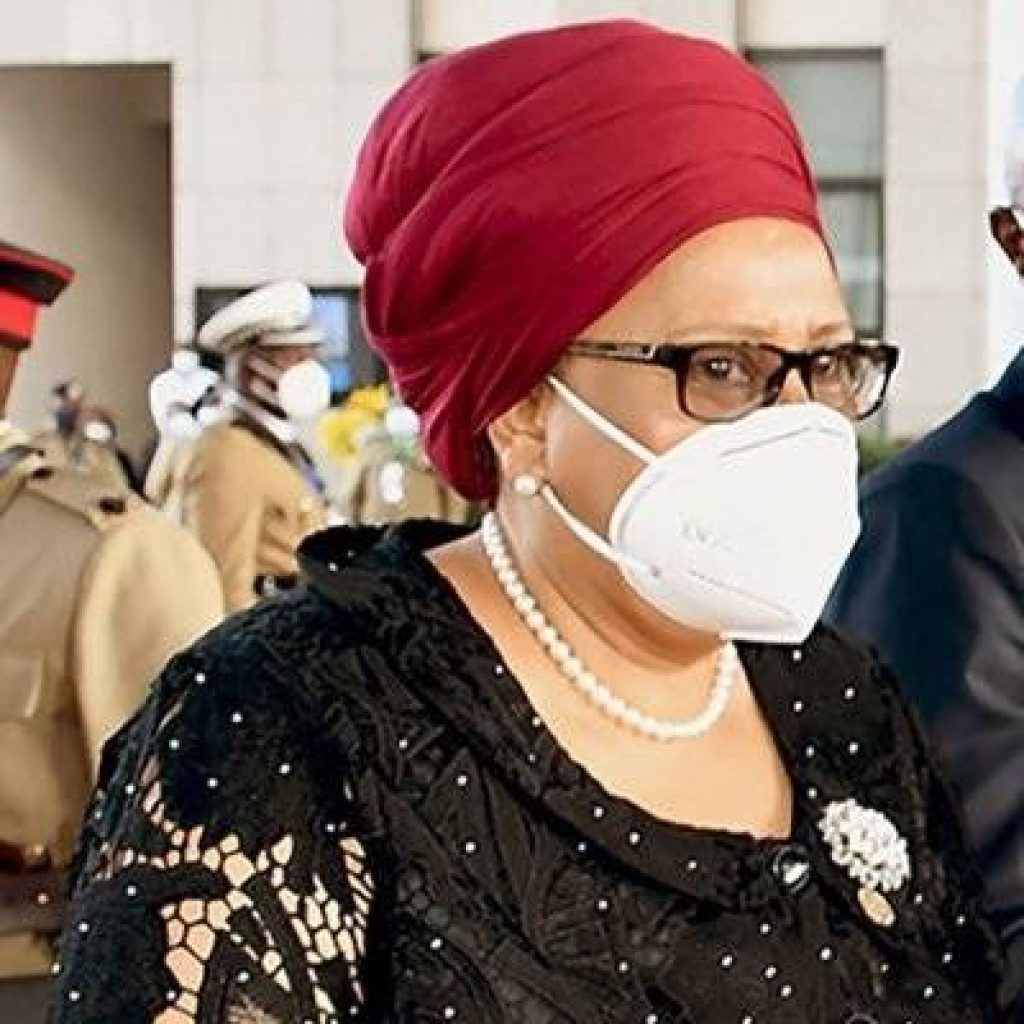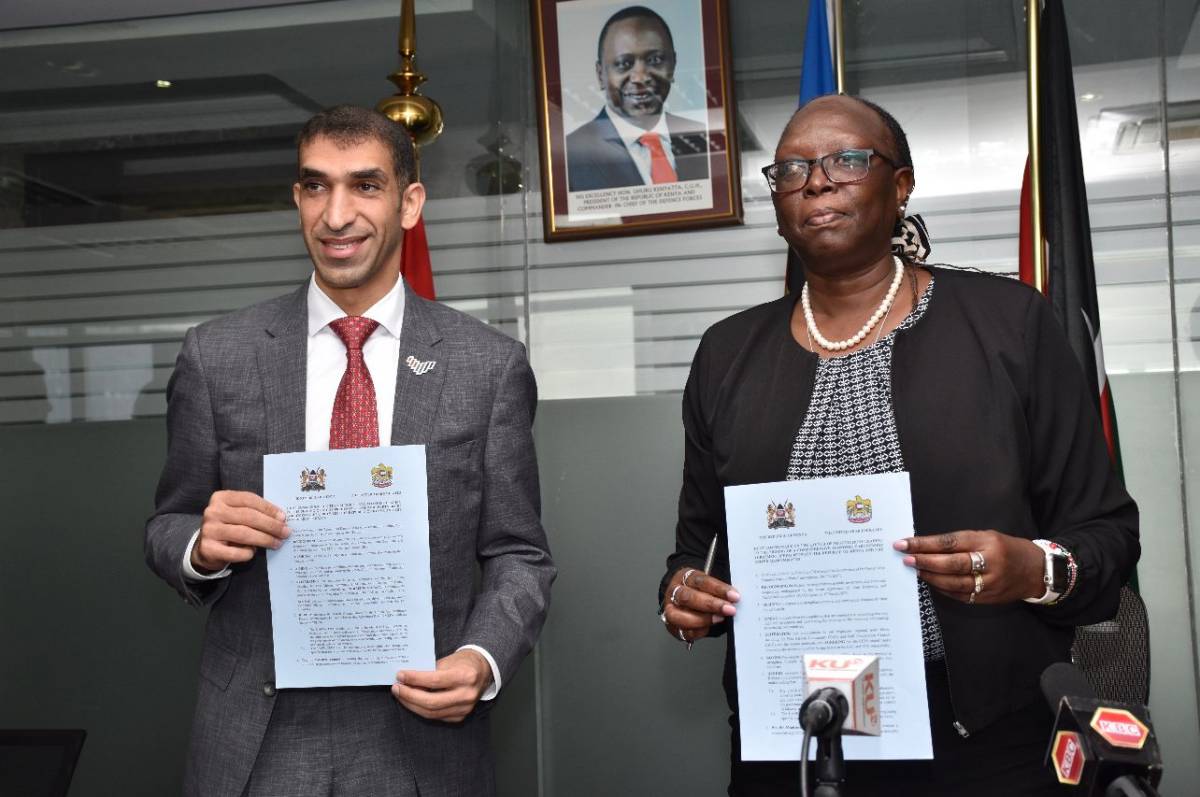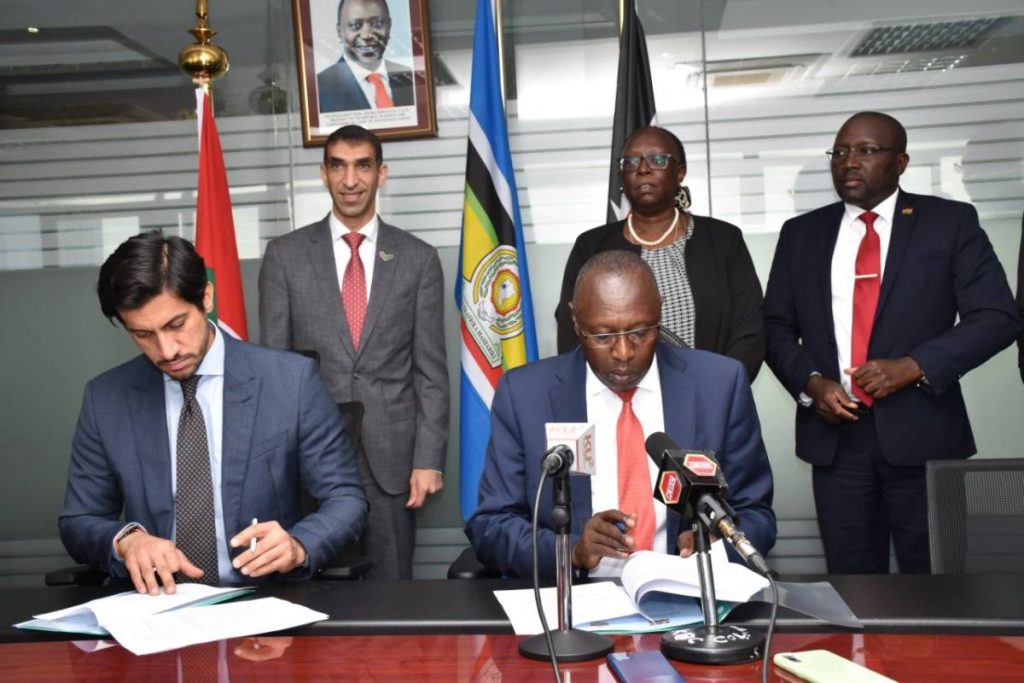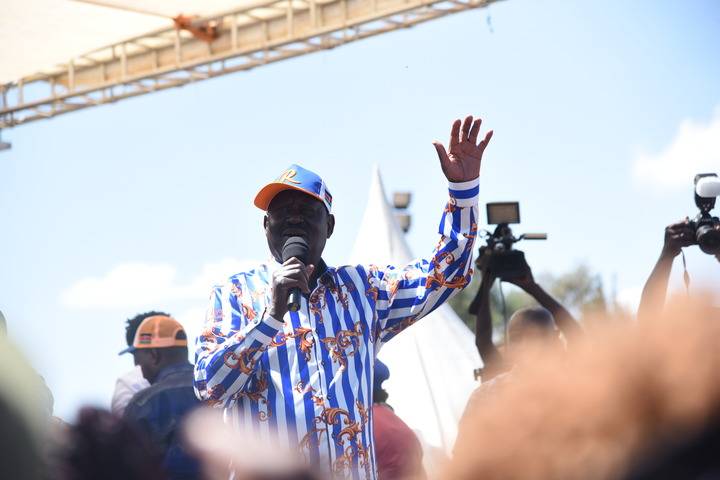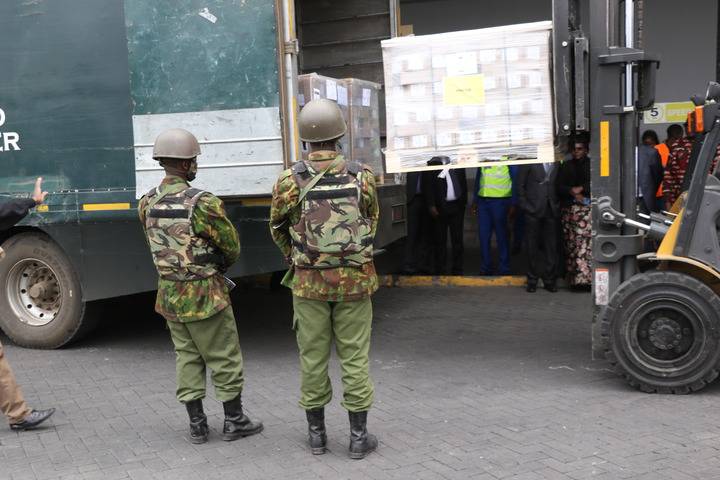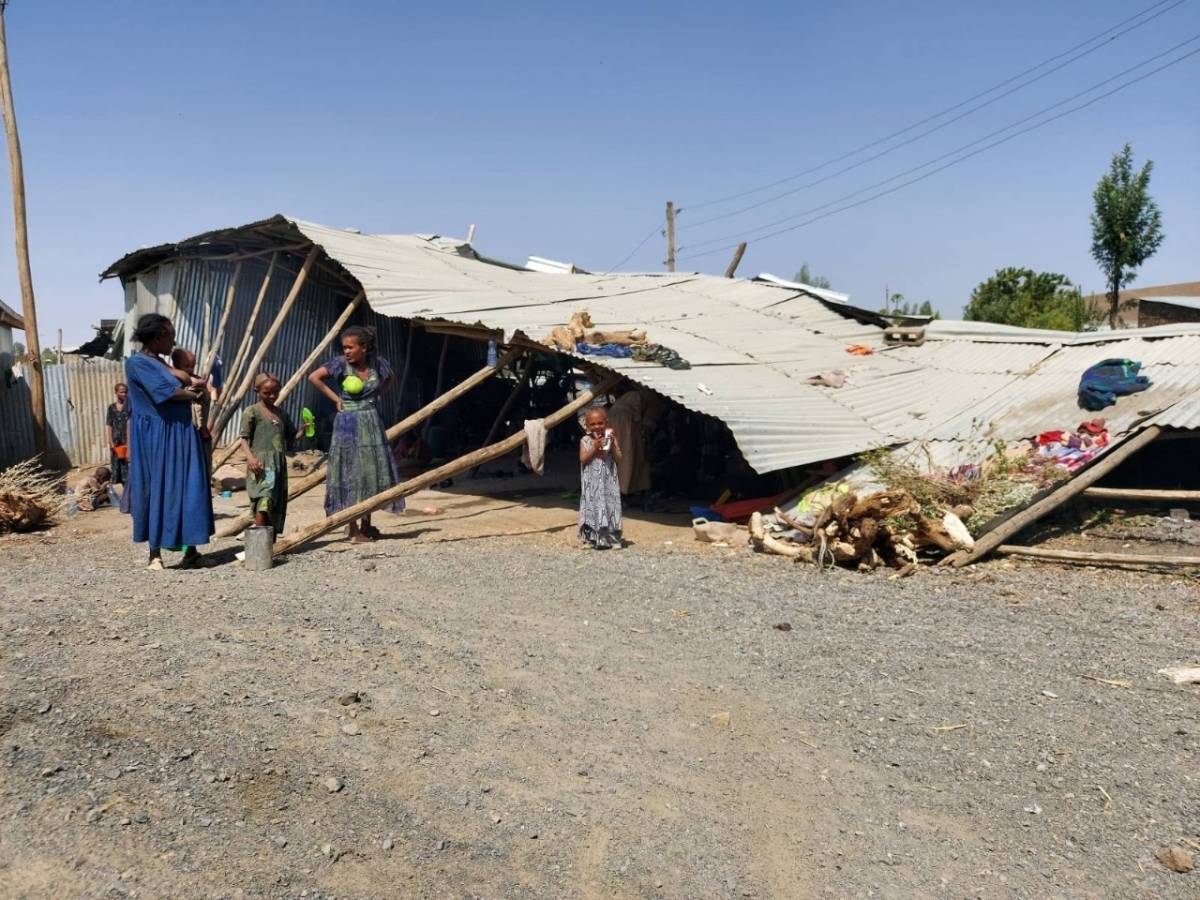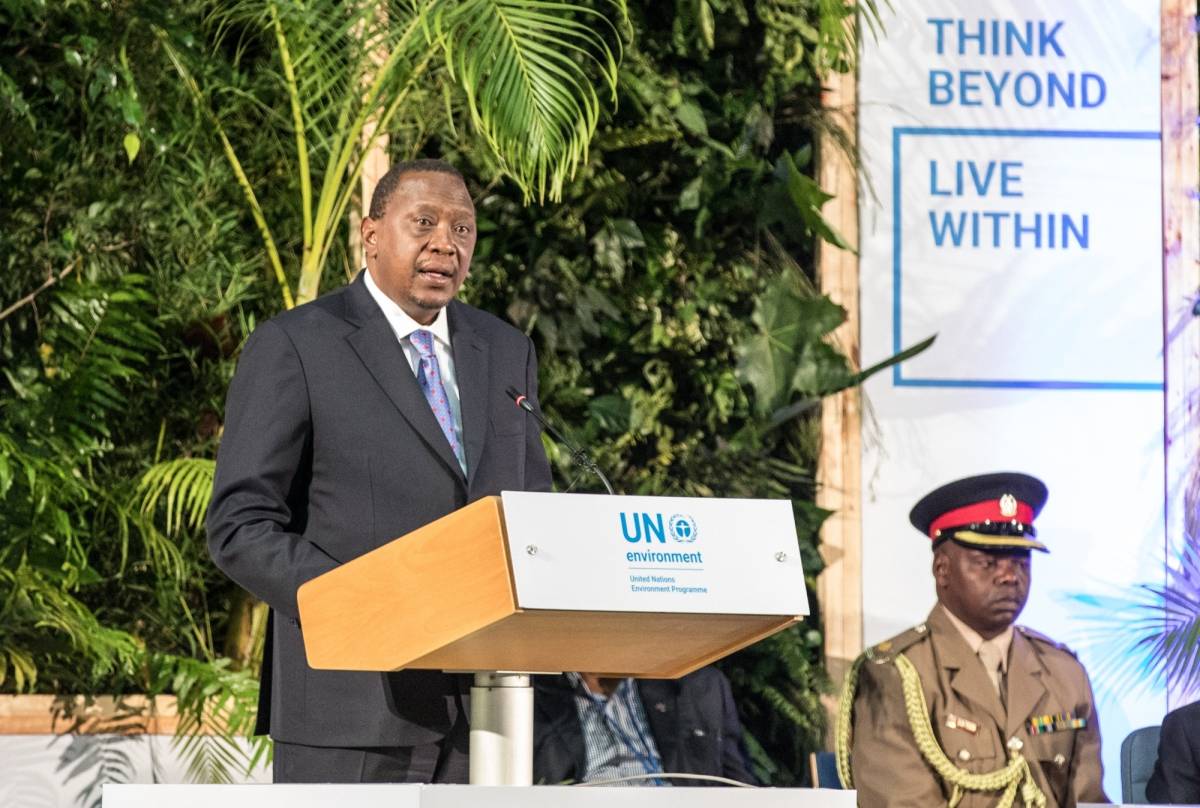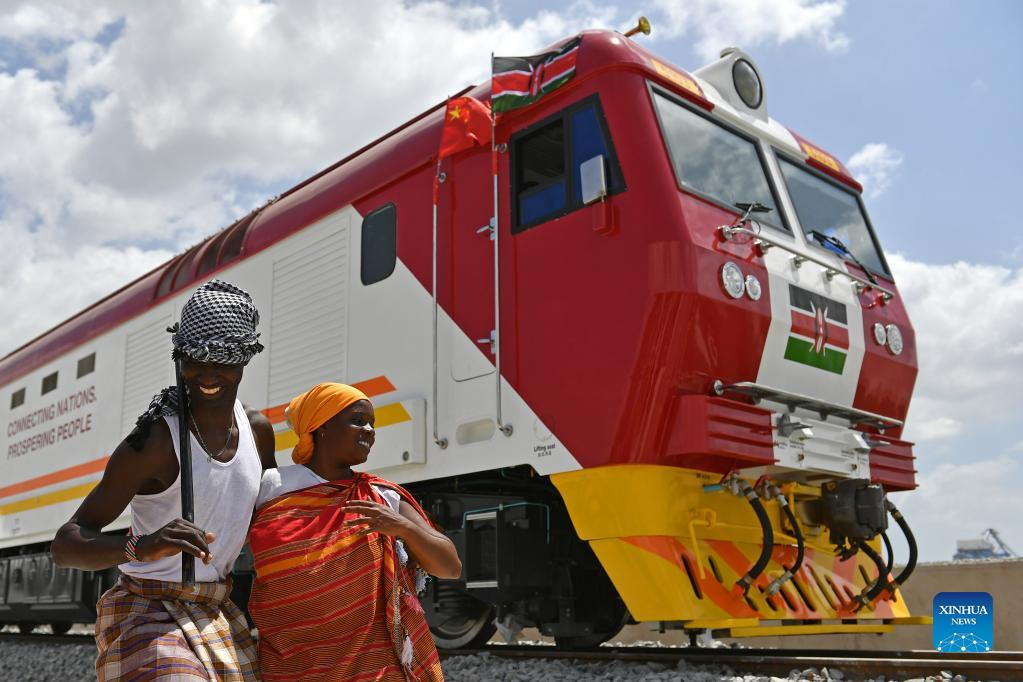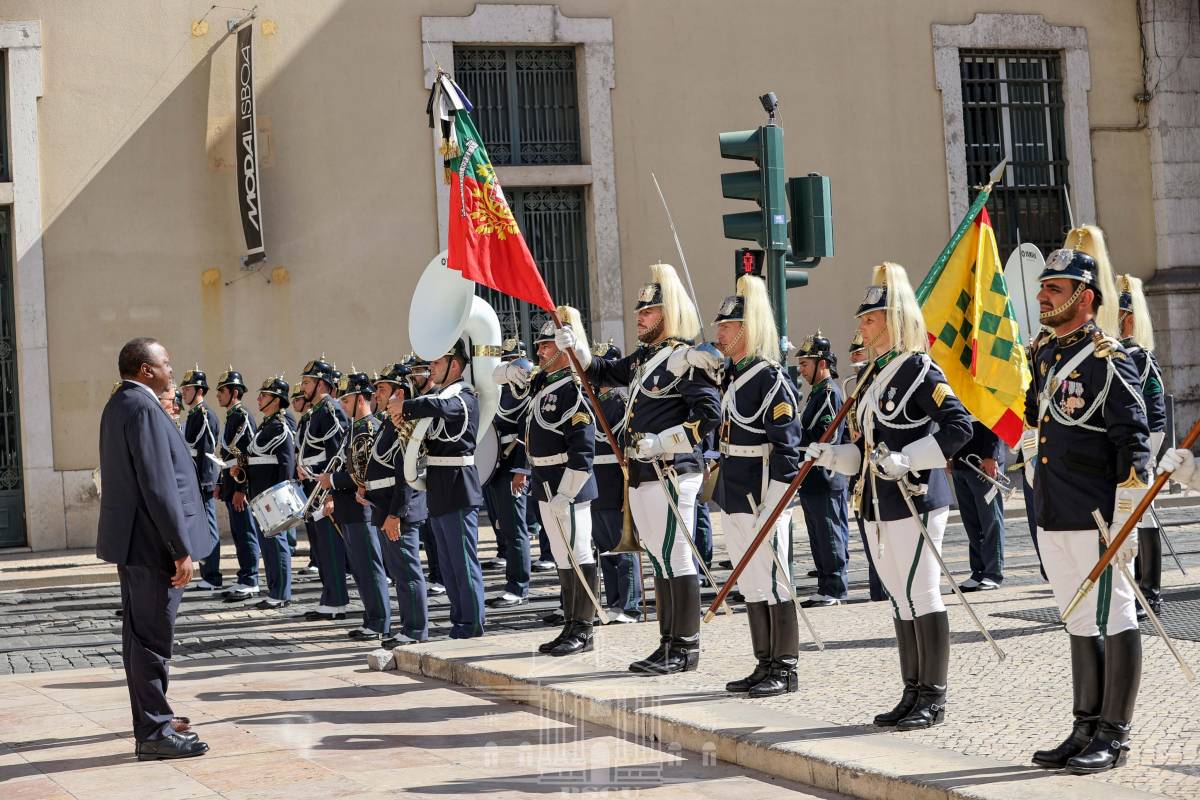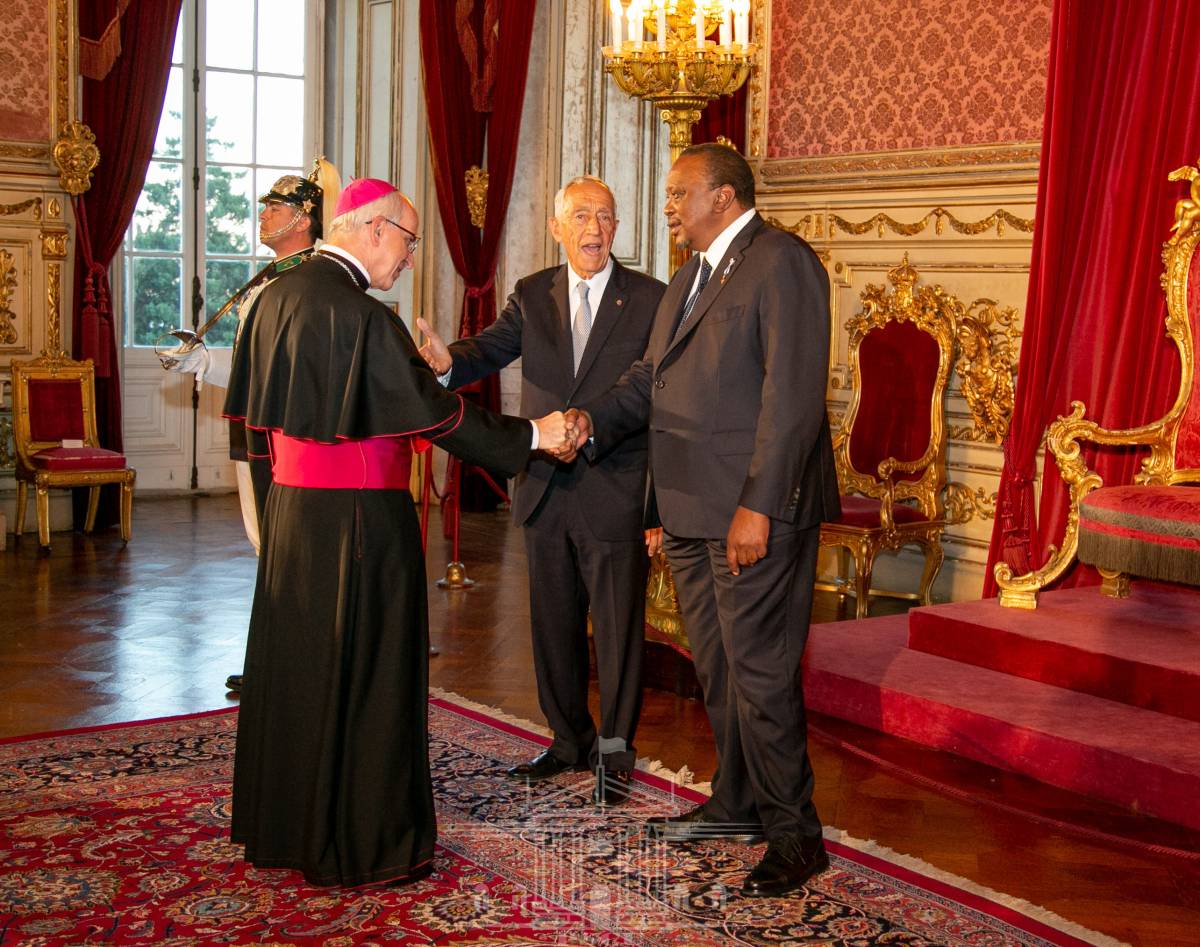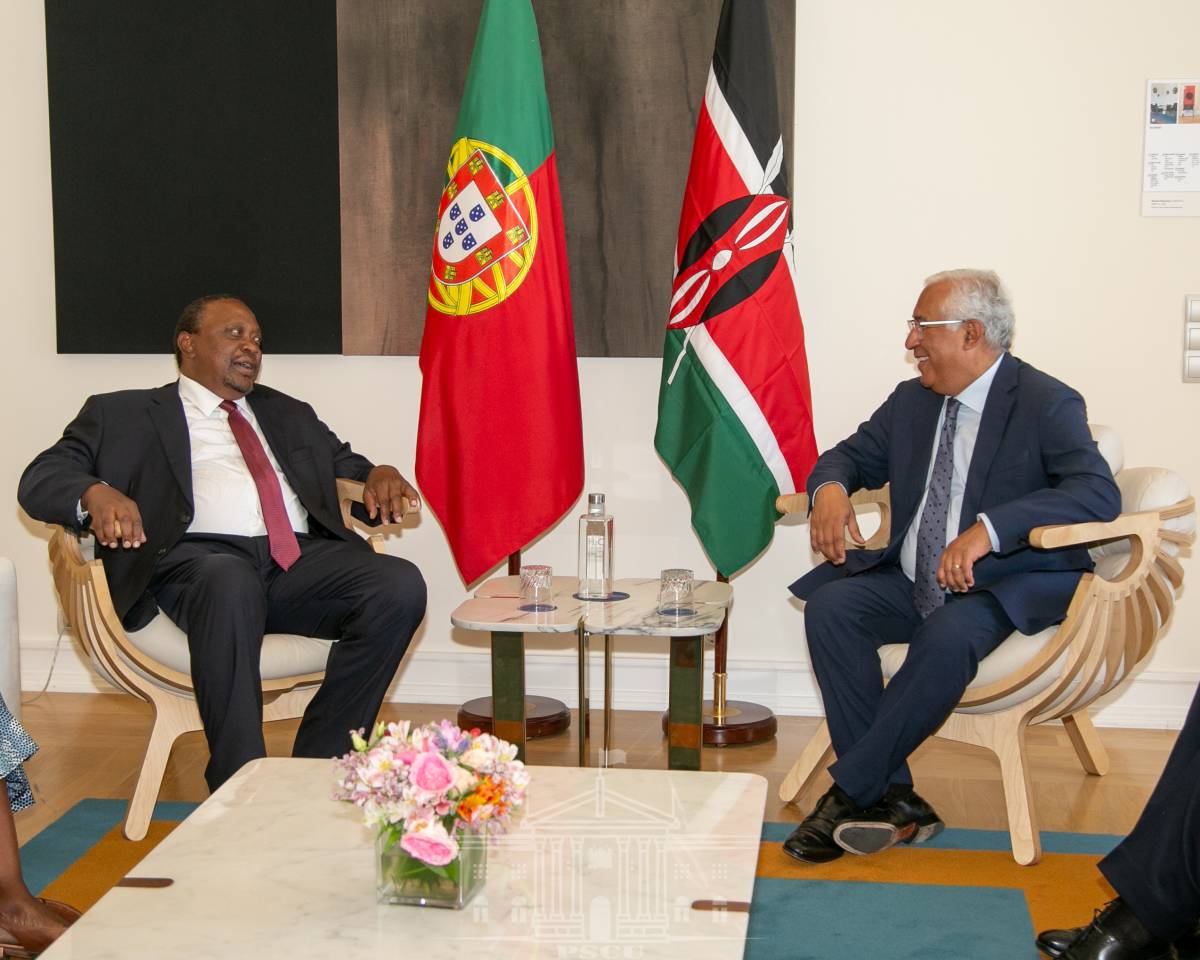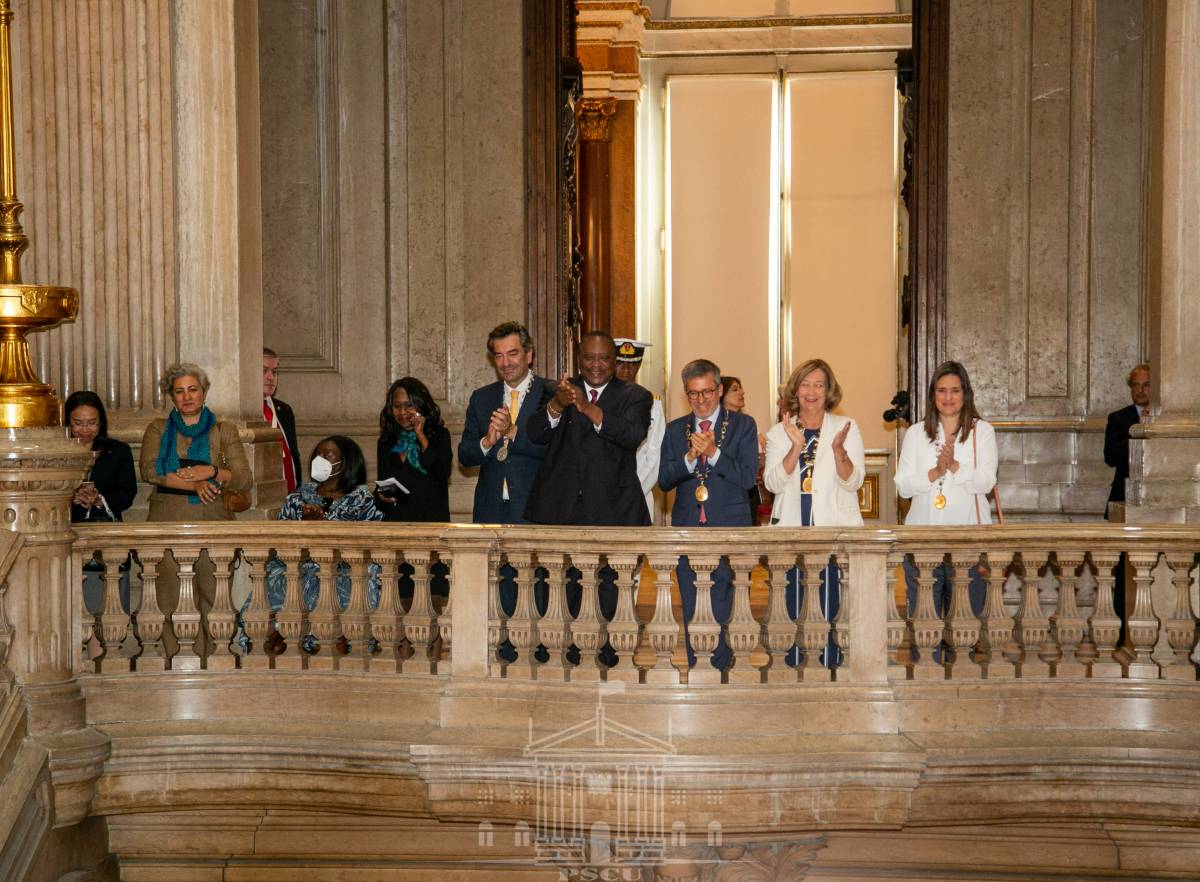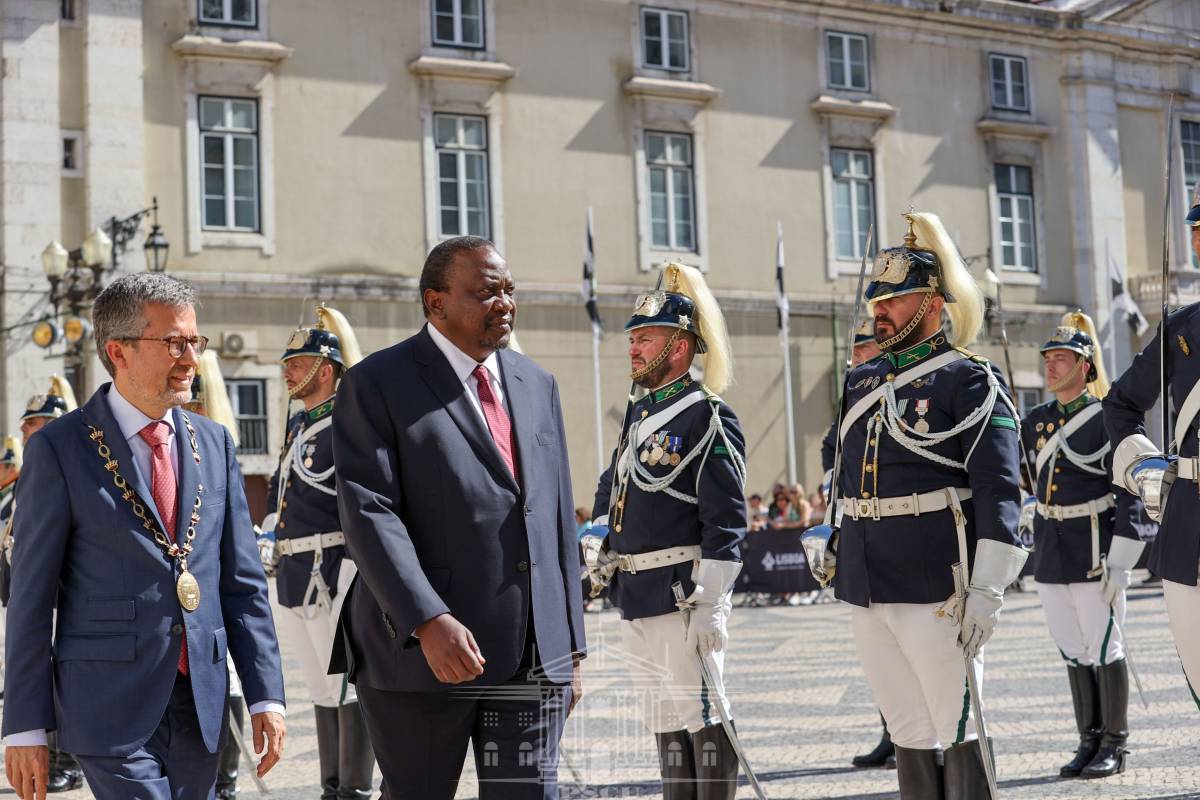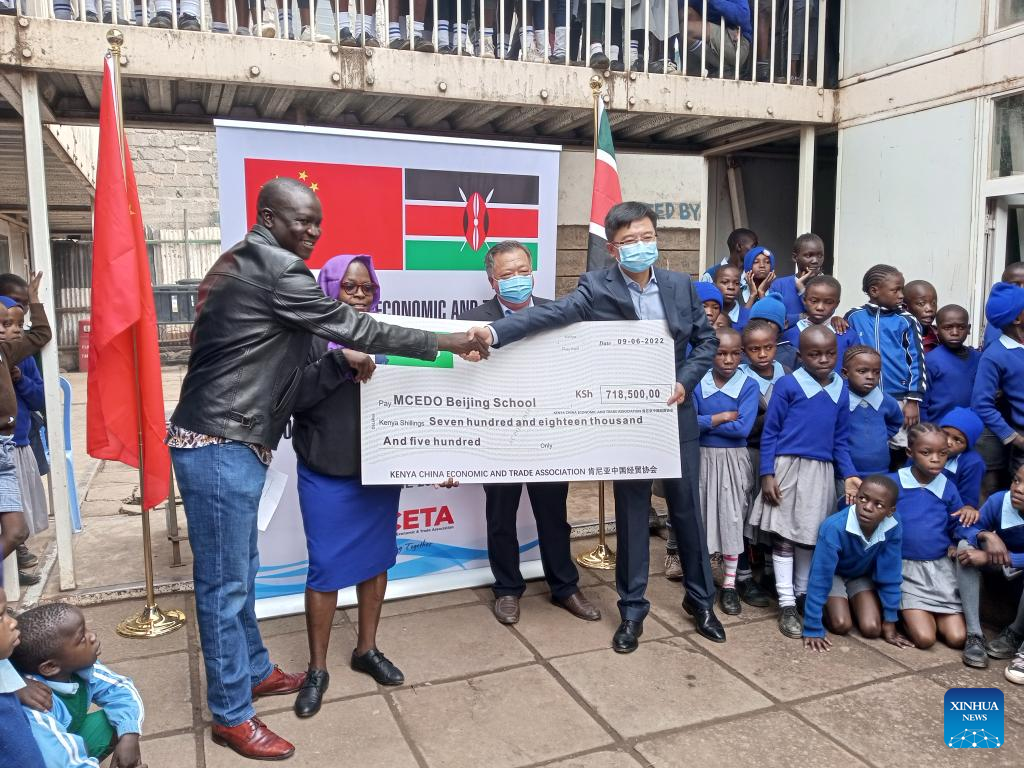The deteriorating food situation is attributed to the fourth consecutive failed rainy season alongside the impact of the Ukraine crisis, desert locust infestation, and pandemic, NDMA said in a statement…reports Asian Lite News
The number of food insecure Kenyans is expected to reach 4.35 million by October, up from the current 4.1 million, as drought worsens in many parts of the country, a state agency said.
According to the National Drought Management Authority (NDMA), 23 counties mainly in the arid and semi-arid regions are grappling with a severe dry spell that has worsened water stress, hunger, and malnutrition.
The deteriorating food situation is attributed to the fourth consecutive failed rainy season alongside the impact of the Ukraine crisis, desert locust infestation, and COVID-19 pandemic, NDMA said in a statement issued in Nairobi, the Kenyan capital.
Hared Hassan Adan, the Chief Executive Officer of NDMA, said that in August alone, 95 percent of arid and semi-arid lands will be severely dry, exposing herders and subsistence farmers to ravages of hunger and malnutrition.
Livestock mortalities have increased in a huge swathe of Kenya’s dry northern frontier region due to lack of pasture and water, said Hassan adding that the coastal strip has not been spared ravages of drought.
According to NDMA, 884,464 children aged six to 59 months are acutely malnourished while 115,725 pregnant or lactating mothers have also suffered from an acute form of malnutrition in the arid counties.
Declining milk production and a spike in the cost of cereals have also worsened the hunger crisis in the semi-arid region and the projected insufficient October-December short rains might not offer a respite.
To mitigate against the severe impacts of drought in the arid outposts, the government has embarked on livestock offtake, water tracking, provision of livestock feeds, supplementary diet to families, and cash transfer, said Hassan.
He added that the government with support from multilateral agencies and local charity groups has contributed an estimated $83.50 million to boost drought response in the affected counties.
Kenya is enduring its worst drought in 40 years, according to the government and UN. More than four million people are “food insecure,” and 3.3 million can’t get enough water to drink.
Across the Horn of Africa, that figure leaps to 11.6 million.
Ileret, on the northern shore of Lake Turkana, is famously parched. But the local nomadic pastoralists have managed to exist, even thrive, in harsh conditions for centuries. Their herds of goats and camels are periodically fattened by fresh pastures that emerge from the savannah when it, occasionally, rains.
For more than two years it just hasn’t. Local officials in the Ileret district told CNN that around 85% of livestock here has perished. Surviving herds are being driven south in search of grazing.
Either way, those left behind have close to nothing to live on.
Kenya has experienced bouts of lawlessness and land invasions before. But for many, even people used to seeing their own ethnic group violently take over grazing, or raid cattle, there’s been a shift for the worse in Kenya.
In the marginalized communities across the northern counties, urban-based politicians have paid lip service to the unfolding horrors. The government ended, and swiftly reinstated, subsidies on fuel in July. But as Kenya’s population is largely centered in the center and south of the country, northern insecurity hasn’t been a major election issue.
Past experience across Africa has shown that drought combined with overgrazing means when rains do fall, they wash away topsoil in vast quantities. Once that happens, there’s little left but desert, after just a few years.
“Any time you get people who are hungry and without other options you’ve got a security situation. (In) Northern Kenya we’re bordered by South Sudan, Ethiopia, and Somalia, all of which are still in the grip of conflict that spews small arms into this ecosystem, so you’ve got a lot of weapons up here and increasing hunger so, yeah, I’d say that’s an increasing security concern,” said Frank Pope, CEO of charity Save the Elephants, based in Kenya’s Samburu National Reserve.
Pope’s organization also works with elephants in Mali, West Africa, much of which, he now warns, was savannah not long ago but now sustains only “elephant, goats, and insurgents.”
The combination of drought, soaring food and fuel prices due to a distant war, a burgeoning population, and civil wars on Kenya’s doorstep is an incendiary mix.
And that may be bad news for humanitarian operations in neighboring Somalia, Ethiopia, and South Sudan which depend on Kenya’s ports, and relative calm, as a base of operations and essential location for logistics.


